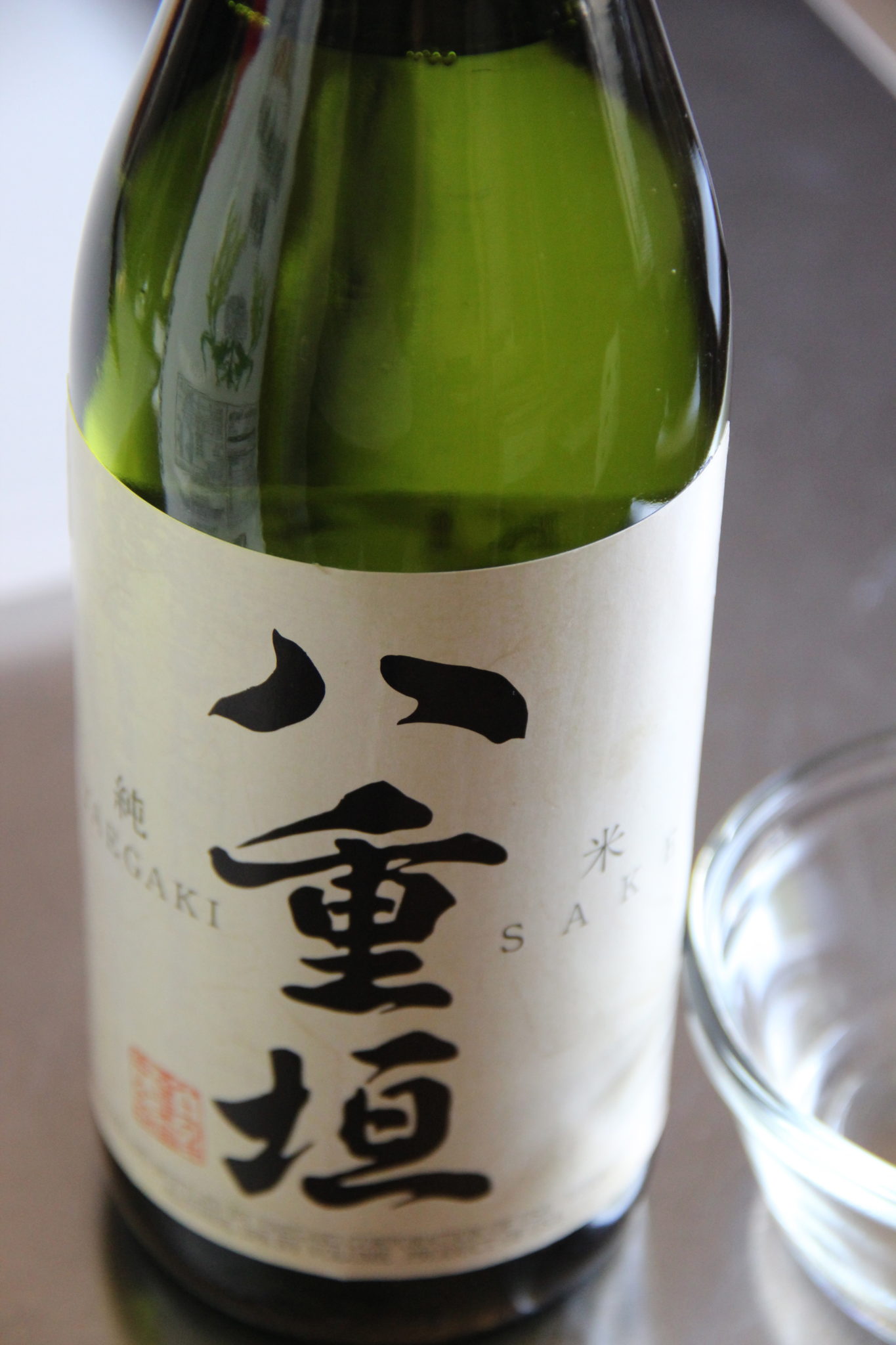
Sake Japanese Cooking 101
Sake (pronounced sah-keh) is an alcoholic beverage brewed from rice, koji (Aspergillus oryzae), yeast, and water. In Japanese, "sake" refers to all alcoholic drinks. The Japanese word is Nihonshu (日本酒), "Japanese alcohol," or more technically, Seishu (清酒), "clean alcohol."
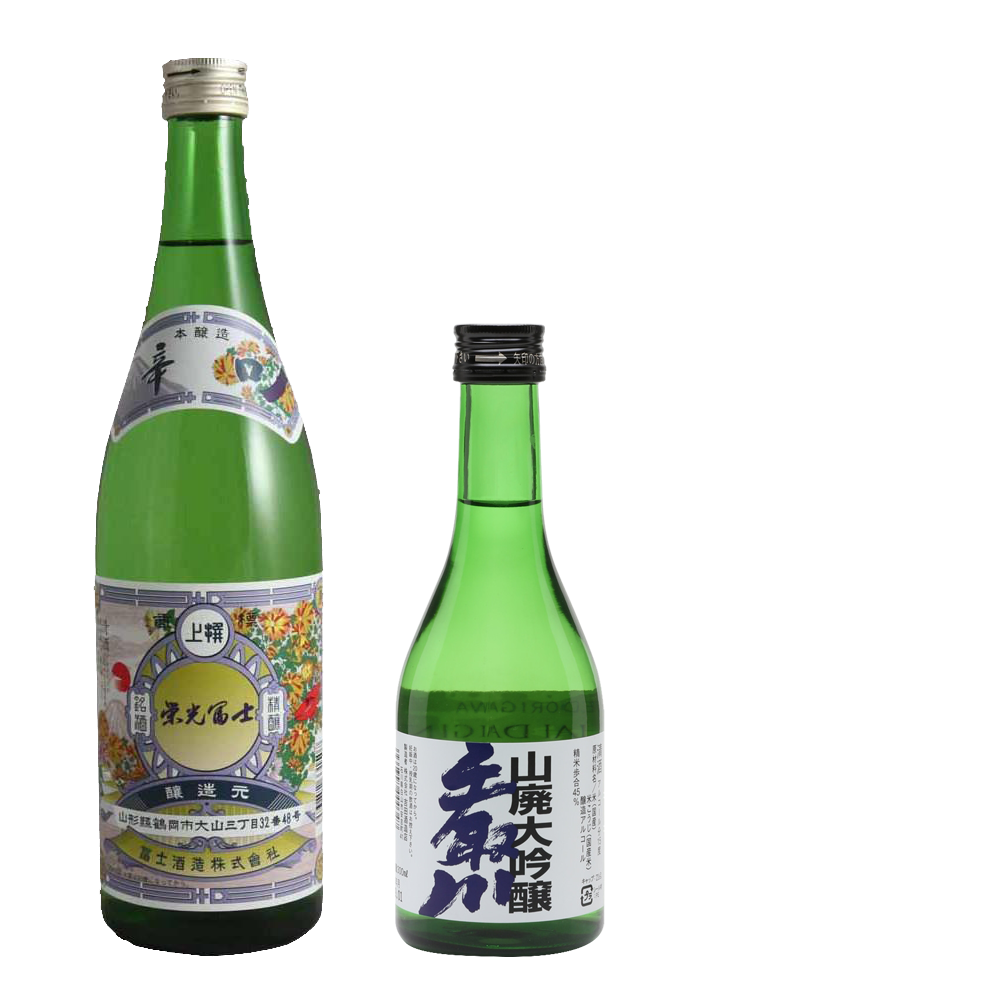
Featured Sake Ep. 11 Sake Revolution
Avon Planet Spa Japanese Sake & Rice Luminous Face Treatment This is my new found out from Avon, as my new birthday pancel arrived. I love the smell and the texture of this product. I use this right after shower to enrich my face. Personally, I dont think it luminous face as much as i expected, but for £ 2.50 for 50ml, it is good enough to use.

Sake why Japan's traditional rice wine isn't just for drinking with sushi
Sake Grades. Sake is usually graded into the following categories: Honjozo-shu (genuine brew sake). Honjozu-shu is made from 70% polished rice, koji, yeast, water, and distilled alcohol. It boasts a smooth flavor but lacks a strong aroma. It has a reasonable level of acidity and umami (savoriness) and brings out the taste of the food it is paired with, such as Hokkaido's Ishikari nabe (hotpot).

Beautiful Japanese Sake Set (1 Bottle & 4 Glasses) Made In Ceramic
Avon Planet Spa - Japanese Green Tea & Rice Pearl Facial Cleanser Avon 3.5 4 reviews 50% would repurchase 4.3/5 package quality price range ingredients
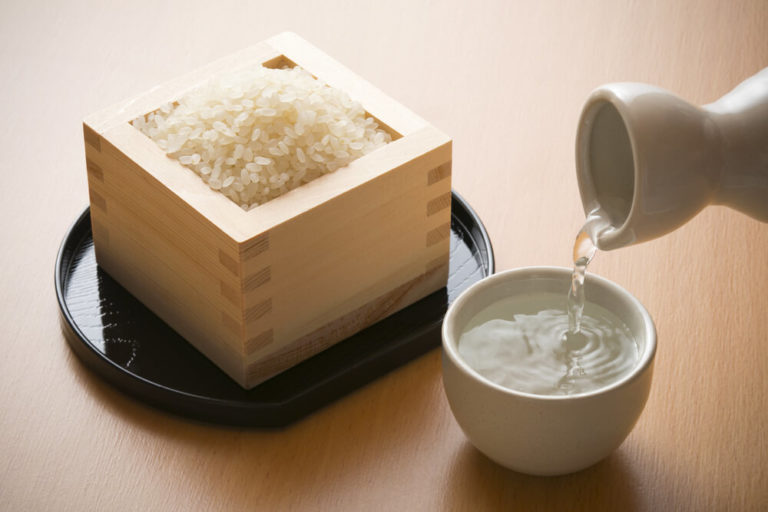
【Top5】Introducing the delicious japanese SAKE and how to drink
Sake Rice Guide - 36 Major Types (2021) Last Updated 1/26/2021 Rice is one of the essential ingredients in sake. Many types exist just for brewing sake. These specialty rice strains, called sakamai (酒米), are often compared to grapes for wine. But is sake rice really that important? This page will answer the most important questions about sake rice.
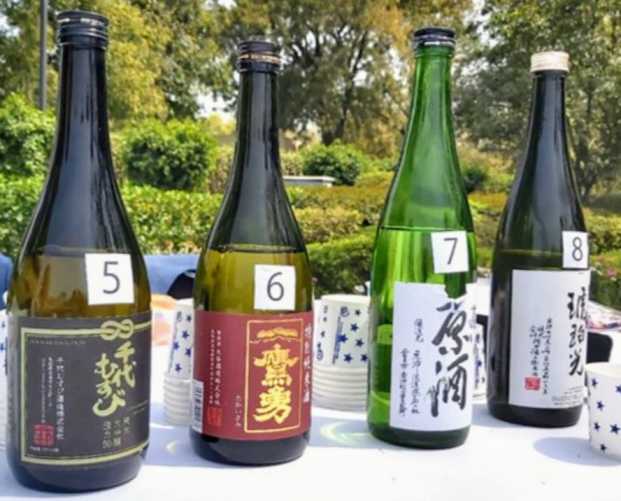
Japanese rice wine Sake is back with a bang in India Asian Community News
Sake is made from rice. Some of our favourite sake is made using table rice (the kind people eat), but most of it is made from sake specific varieties. These sake rice types make the sake making process easier and/or the sake more delicious. Rice, being a solid starchy grain, needs a bit of help to begin to ferment into an alcoholic beverage.
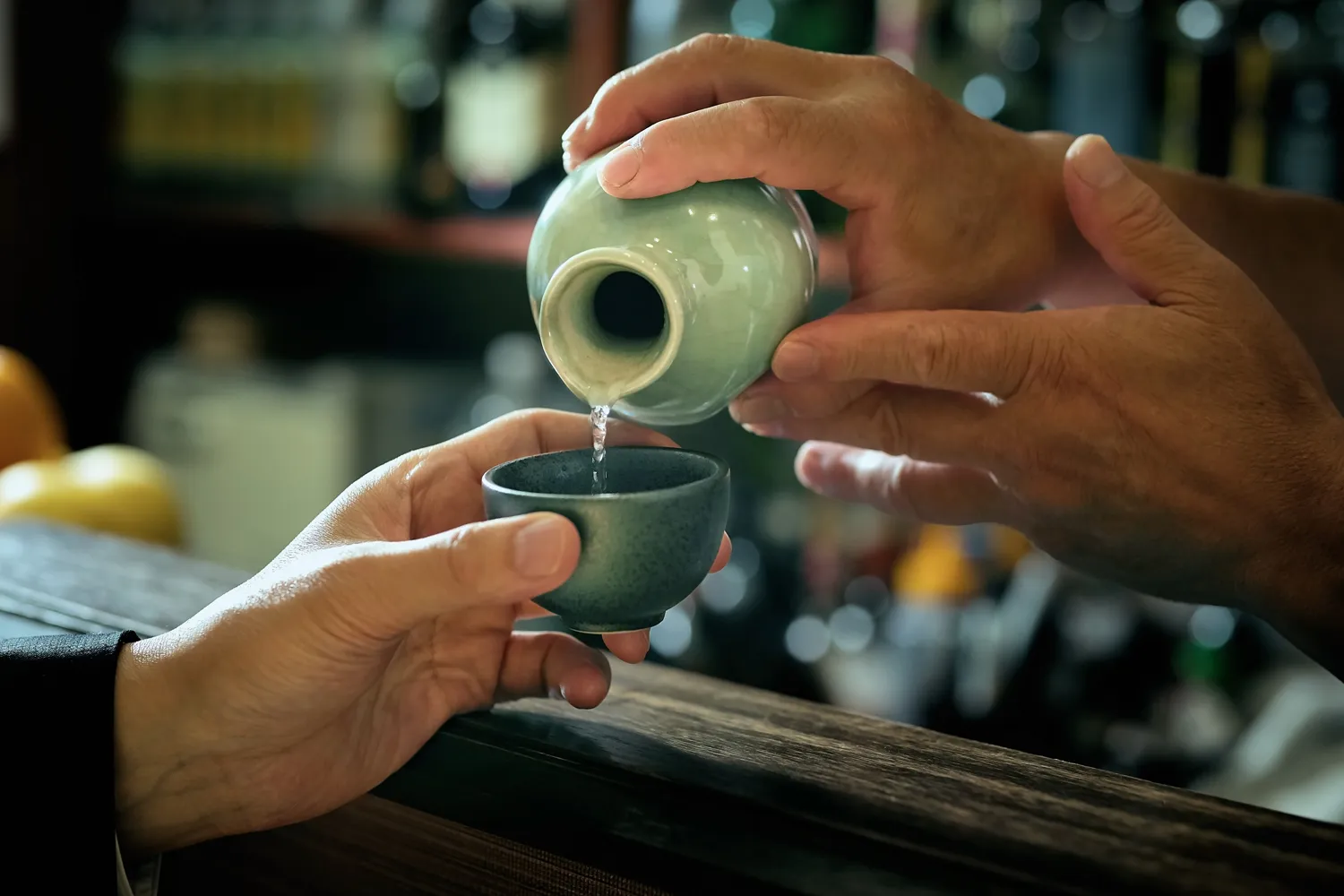
What Is Sake? Everything You Need to Know About Japan's Ancient Rice
New: A brand-new, unused, unopened and undamaged item in original retail packaging (where packaging. Read more about the condition New: A brand-new, unused, unopened and undamaged item in original retail packaging (where packaging is applicable). If the item comes direct from a manufacturer, it may be delivered in non-retail packaging, such as a plain or unprinted box or plastic bag.
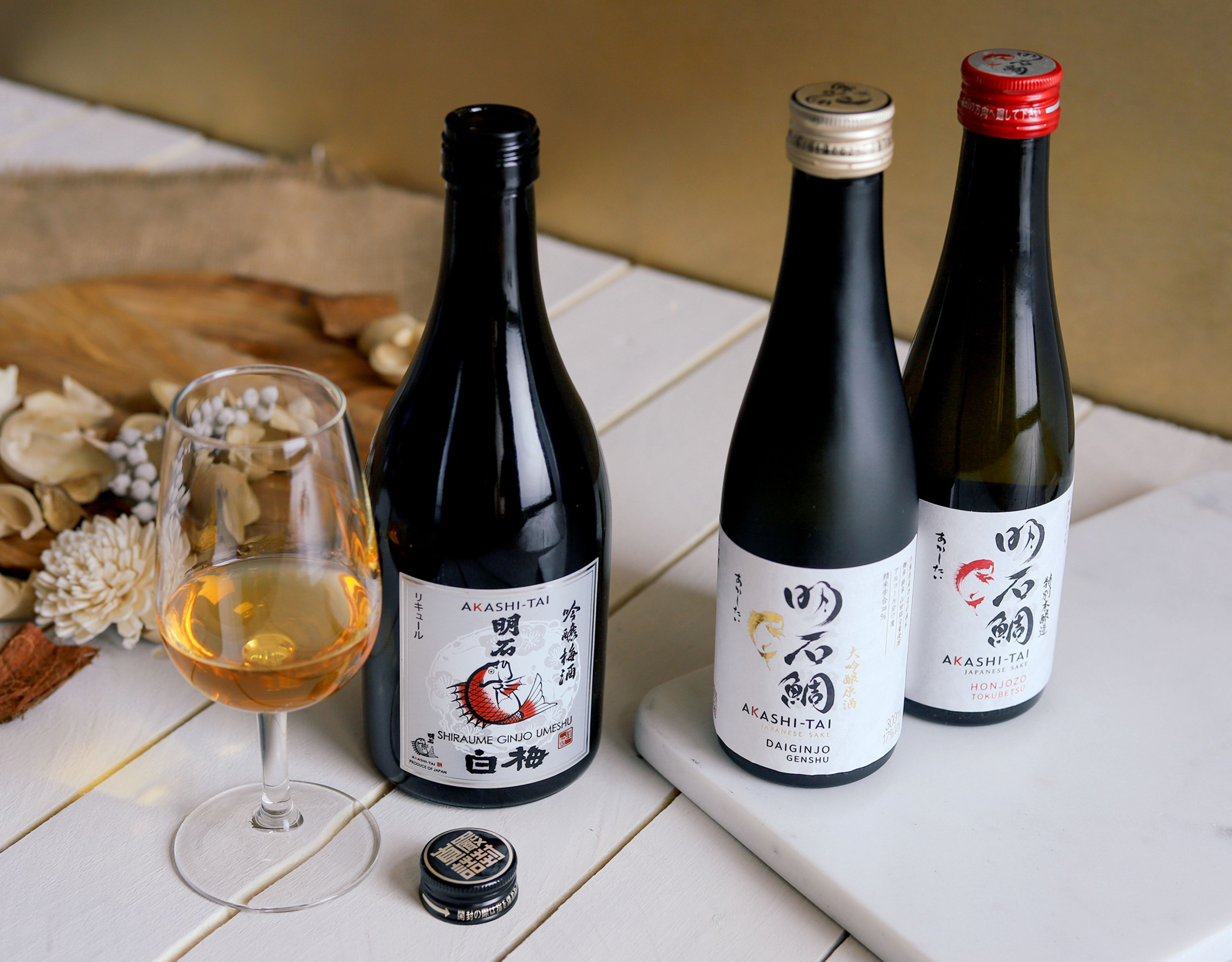
International Sake Day 6 things you didn't know about the Japanese
Shop Organic Japanese Genmaicha Tea from $8.95 - Fast Shipping, Order Online Today! Buy Certified Organic Genmaicha Green Tea from $8.95 - Best Quality and Price!
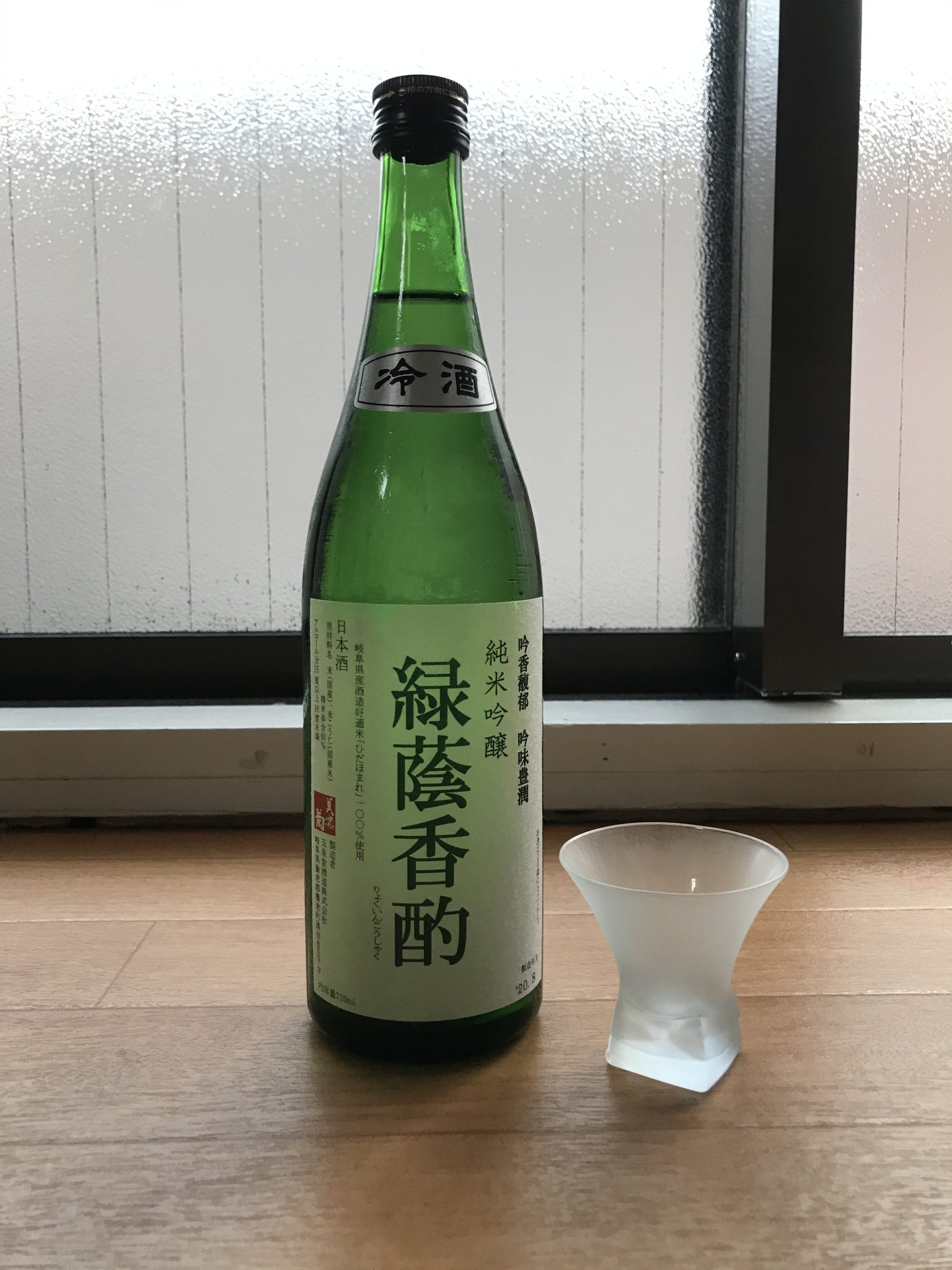
Japanese Rice Wine, Ryokuinkoshaku (Leafy Shade Aromatic Sake) Tokyo
Known as Nihonshu in Japan, sake is often referred to as rice wine or mistakenly thought of as a spirit; because it is fermented from rice grain it is technically closer to a beer than wine but in flavour closer to wine than beer, hence the confusion.
Beginner’s Guide to Japanese Sake byFood
Avon Planet Spa Japanese Sake and Rice Regenerating Body Wash & Polisher Hot. Written by mixnmatch1 November 02, 2011 5.0 (4) 2982 0 1 0 0 0 Compare . Write Review. Add to favorites. Summary. Brand.
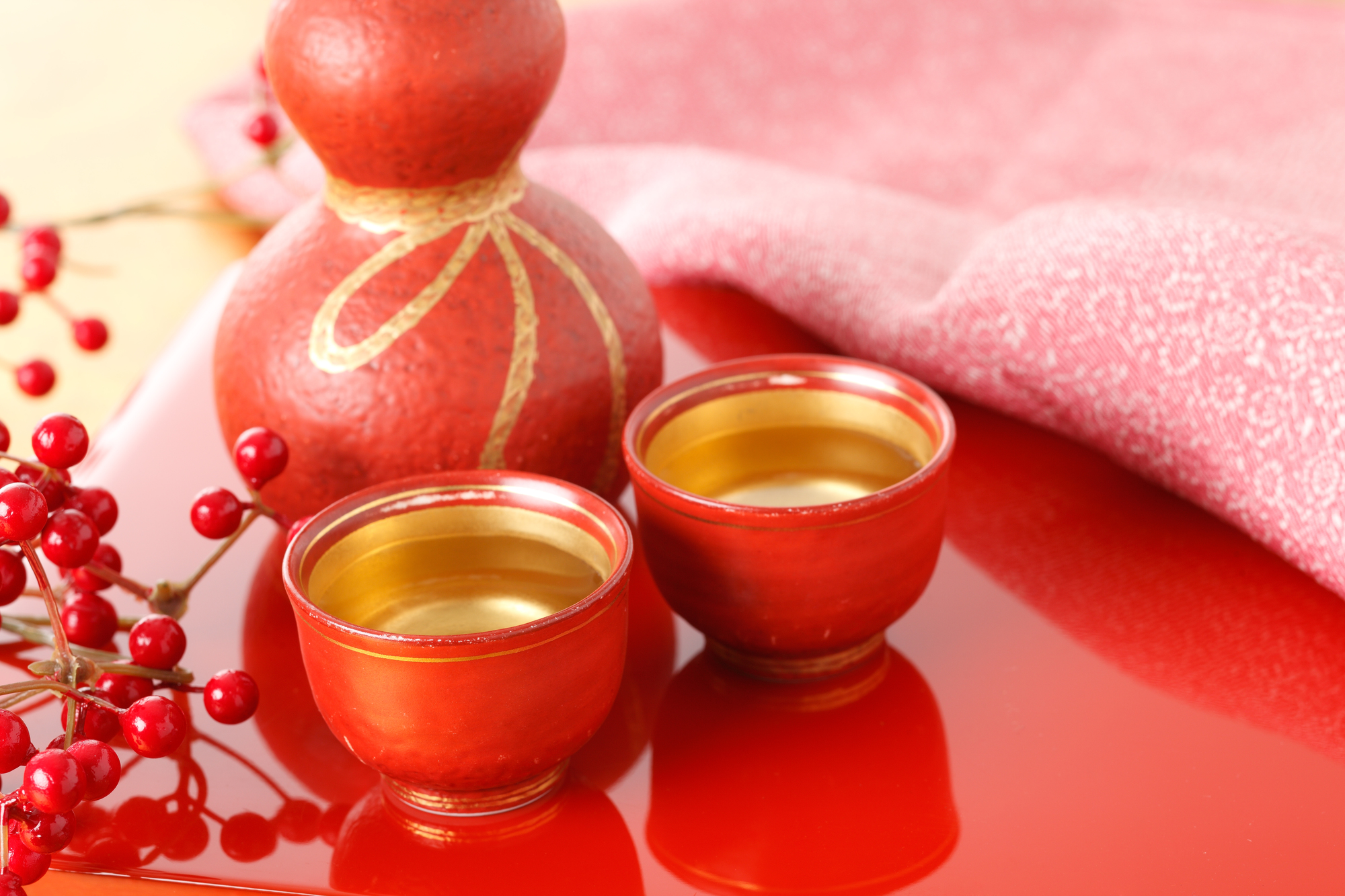
Taste difference in Types of Japanese Sake, Dry and Sweet. And what is
A Guide to Sake Rice Different types of sake rice each behave a bit differently during the brewing process and result in different-tasting final product. The end result also depends heavily on the skill and intent of the brewmaster. Here are a few notable types of sake rice.
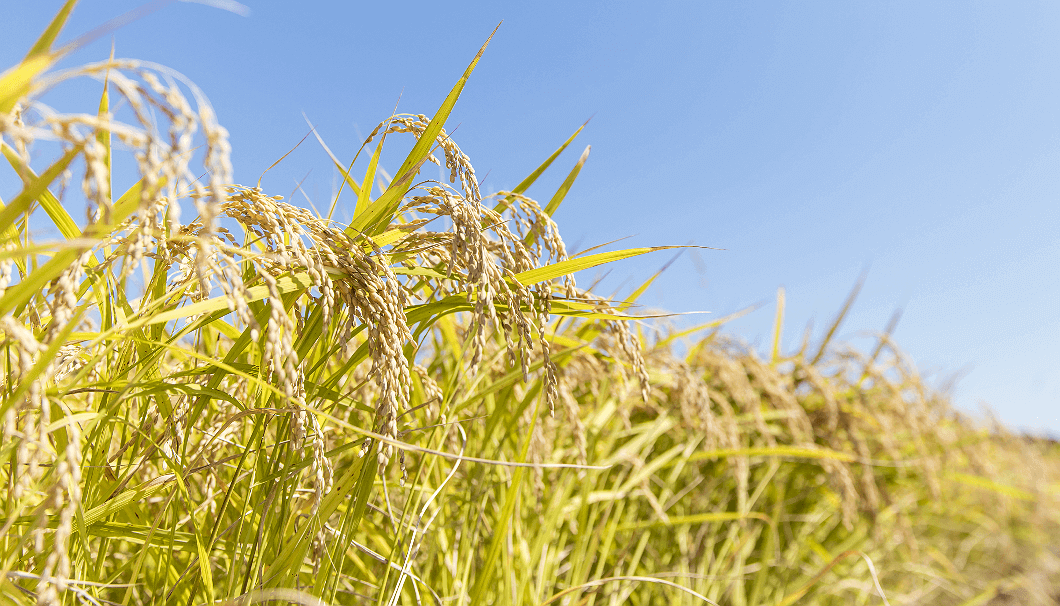
Sake rice SAKETIMES Your Sake Source
Traditional sake only has four ingredients: rice, water, mold, and yeast. The process has many steps, but described simply, they are: The rice is polished to remove proteins and bran. The rice is washed and steamed. Koji mold is added. Yeast is added, and the mixture is left to ferment.
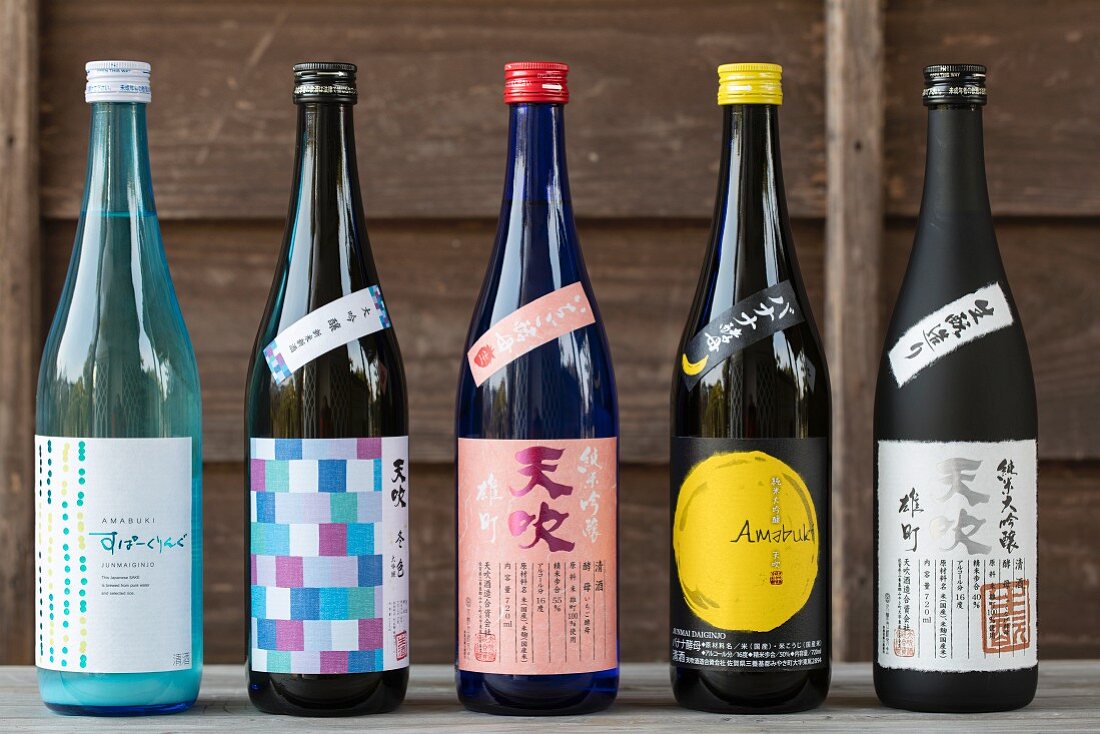
Rice wine (sake) from the Amabuki … Buy image 12274565 seasons.agency
1. Why should you learn about sake rice (sakamai)? 2. How is sake made? 3. What's the difference between sake rice and table rice? The starchy core called "shimpaku" Size of rice Low fat and protein 4. 20 major sake rice types We here at Tippsy absolutely, unashamedly, without a doubt love rice.
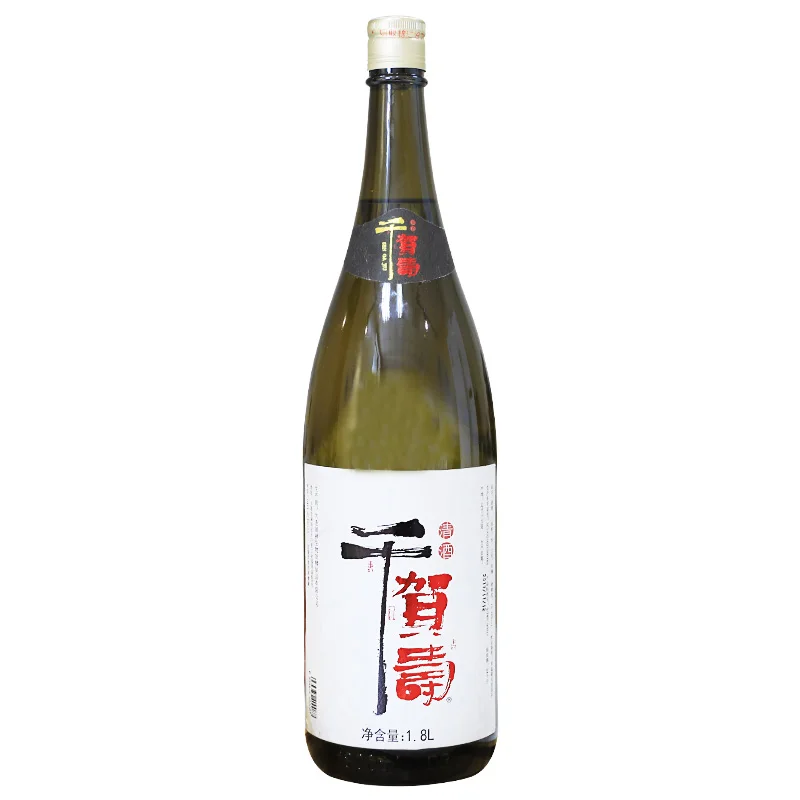
High Quality Japanese Sake Rice Wine,Clear And Dry Taste Sake,Oriental
Sake is the national beverage of Japan. It is made with fermented rice and water, in a process that takes about two months. The result is mildly-strong liquor, with an intense and persistent aroma. In Japan, sake is serious business. Brewers are regarded as artists, and their creations are highly revered. There are dozens of different kinds of.

Japanese sake, Rice wine and Rice on Pinterest
Sake is wine that results from the fermentation of the starch in rice. The cleaner the rice is polished of its bran, the sweeter and fruity the resultant alcohol that you get. Non-premium sake (or in other words, the cheap stuff) is polished to only less than 40%. The middle grade, Hanjozo and Junmai, are polished to about 40%.

Japanese Sake (Ricewine) Japanese Sake, Rice Wine, Art Nouveau Design
An elegant, restrained top shelf sake with notes of melon, white flowers, chocolate and light salted caramel. In stock. AUD $98.95. Add to Cart. Nagaragawa Junmai 720ml. Hugely popular in Gifu prefecture. Classic easy drinking pure rice sake, aroma of rice cooking on the hearth, hints of spice. Best warm.